Swiss football: punching above its weight or Europe’s punching bag?
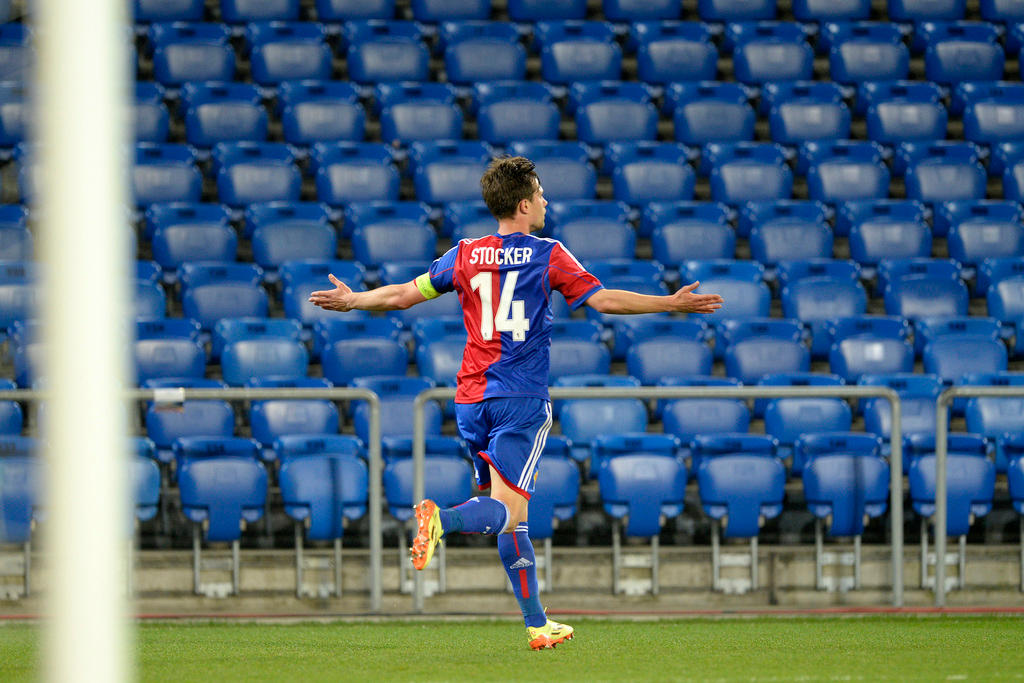
As the Swiss national team goes from strength to strength in preparing for the World Cup in Russia, we dig into the numbers to explore the struggles of the domestic league.
On the surface, Swiss football is enjoying something of a purple patch. The national side ‘Die Nati’ (unfortunately pronounced ‘Nazi’) has qualified for the fourth World Cup running, and will fly to Russia in summer with what’s widely acknowledged as its finest generation in years. The team currently sits eighth in the FIFA world rankings.
Meanwhile, domestic powerhouse FC Basel (winners of the Swiss Super League for the past eight years) qualified in December for the last 16 of Europe’s Champions League, racking up wins along the way against Manchester United and Benfica. A “brilliant” achievement not just for the club, but for Swiss football generally, said CEO Jean-Paul Brigger at the time.
But how reflective are these achievements of the state of Swiss soccer at home? How does the Super League stack up against the championships of the European nations around it? The Alpine legacy of Switzerland – which has fostered sports from skiing to climbing to ice-hockey – has always been less conducive to footballing culture than, say, the urban terraces of north England.
Is the country really “punching above its weightExternal link”, as UEFA described it?
Cash-strapped
Financially, the answer suggests not. Like all middling European leagues, Switzerland is dwarfed – and increasingly so – by the ‘Big Five’: England, Spain, Germany, Italy, and France. These behemoths, buoyed by international interest and concomitant TV deals (especially England’s Premier League) have ballooned disproportionately in the last decade. Proof that one thing that doesn’t always dwindle in hard times is the beautiful game.
Yet even for the money at its disposal, the Super League enjoys less reputation and ranking than comparably-sized championships. Average annual revenue among the 10 top-tier clubs is €21.1 million (a figure admittedly skewered by the large income of Basel). This is the ninth-highest in Europe; higher than Belgium, Portugal, and Austria. But in UEFA’s qualitative rankingsExternal link (based on clubs qualifying for the knockout stages of major tournaments like the Champions League), these countries come in ahead of Switzerland, which sits fourteenth.
Why the gap? One obvious answer is that money isn’t everything – history, culture, passion, and sheer luck are intangibles impossible to measure.
But a more concrete reason at home could be the gulf in finance and quality between Basel and the rest. The northern club has experienced little resistance in dancing to eight successive titles (though Young Boys Bern are leading the league this season, spiritedly) and have, for good or worse, been the prime force keeping the Swiss league in a respectable position in Europe. Merely qualifying for the Champions’ League nets the club around the equivalent of another club’s annual revenue.
Other teams have less healthy balance sheets. FC Thun, which competed against Arsenal in the Champions’ League just a decade ago, is reported by Der Bund to be operating (at a loss) a budget of around CHF11 million. And much of this could be down to the lack of TV revenues in the country (see graph), a main driver of astronomical growth elsewhere. In Britain, almost half of club revenue comes from TV rights, an average of €108 million per club; the figure falls to €1.2 million in Switzerland – a measly 6% of revenue. Even in comparably-sized Portugal, 30% of total revenues come from TV deals.
A local affair?
Thus, whereas big interest (and big budgets) in new markets like Asia are helping to drive profits in ‘attractive’ leagues boasting big-name players, in Switzerland football – and footballing finance – remains a more local and export-driven affair. Clubs focus on training talented youth than on forking out on expensive foreign talent. According to the website ecofoot.fr, Switzerland is the fifth-largest supplier of home-grown players to the Big Five leagues; an exodus that surely contributes to the success of the Nati, but less so the development of the Super League.
Foreign investment and sponsorship is also rare. Most big shareholders are Swiss, and many clubs are run according to an association structure which keeps decisions more democratic. Outside exceptions exist: British tycoon Jim Ratcliffe recently bought mid-table outfit Lausanne, while FC Xamax and FC Wil have both experienced (disastrous and aborted) takeovers by Chechen and Turkish investors respectively. Yet there is nowhere near the type of globalised interest that has seen about three-quarters of top-flight English teams being taken over by foreign owners in recent years.
Given the lack of TV revenues and outside investment, gate receipts are vital, providing 34% of average club income (the second highest in Europe, after Scotland). Sponsorship also remains important, at 37%. Again, both sources are predominantly local, feeding into the image of Switzerland as a small, fan-focussed league. In contrast, with their larger TV deals, countries like Portugal and Belgium can attract eyeballs and even foreign talent with a similar overall budget as the Swiss league.
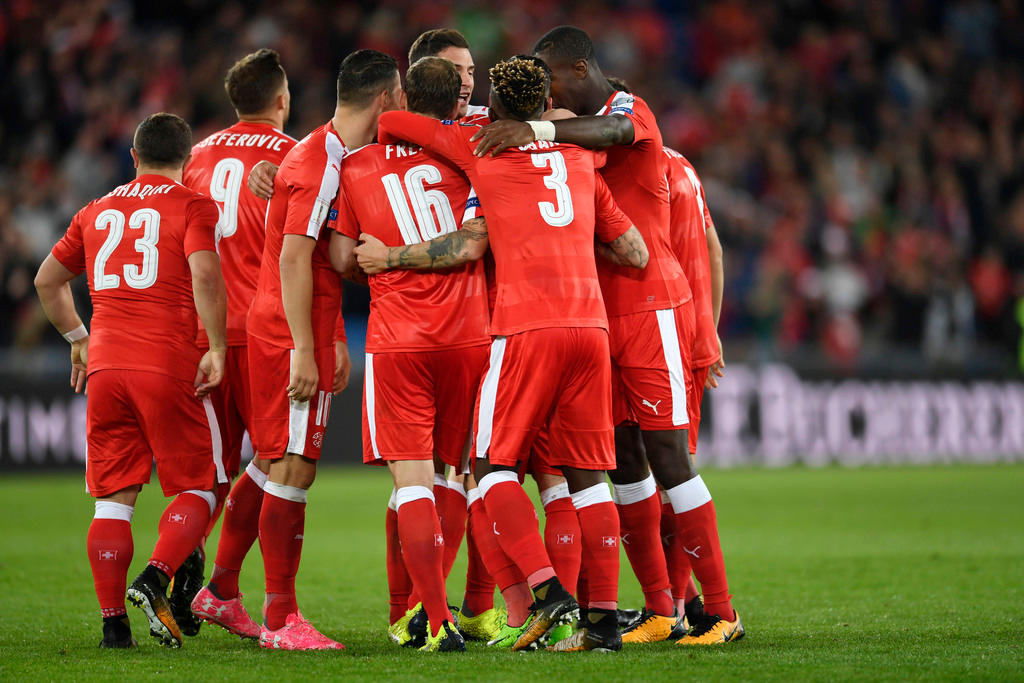
Rumblings of change
Does the Swiss league need a shot in the arm? Average attendance levels, already comparatively low, have been dropping steadily; from a high of 12,253 in 2012 to 9,944 last season. Two clubs (FC Servette and FC Xamax) have gone bankrupt in recent years, while others, including FC St Gallen and historic Grasshoppers Zurich, have also been affected by dwindling investment.
In a wider context of concern about the globalised dominance of the Big Five, and questions surrounding hegemonic plansExternal link of a ‘business’ like Manchester City, some radical solutions have been suggested. These go beyond the simple idea of foreign investment to include the proposal of merging the Austrian and Swiss leagues, to allow them to compete at scale. It was also suggested that Swiss clubs competing in the Champions’ League could share the bountyExternal link with other teams in the league.
Many such questions will remain open. A big performance from the Nati in Russia in summer 2018 would keep the focus on the positives for a while longer.

In compliance with the JTI standards
More: SWI swissinfo.ch certified by the Journalism Trust Initiative



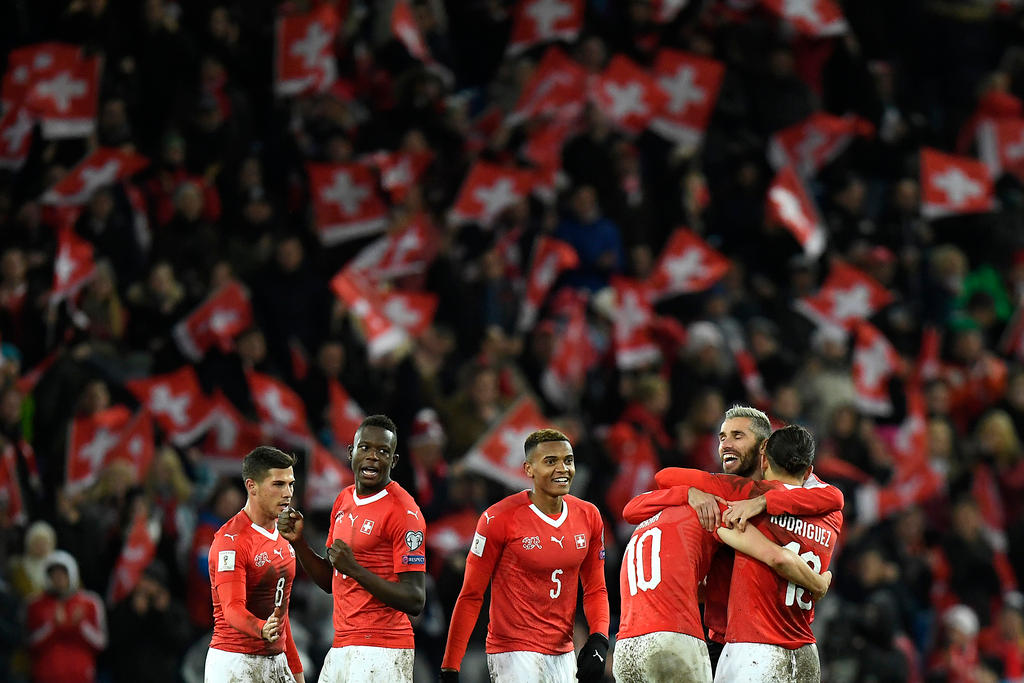
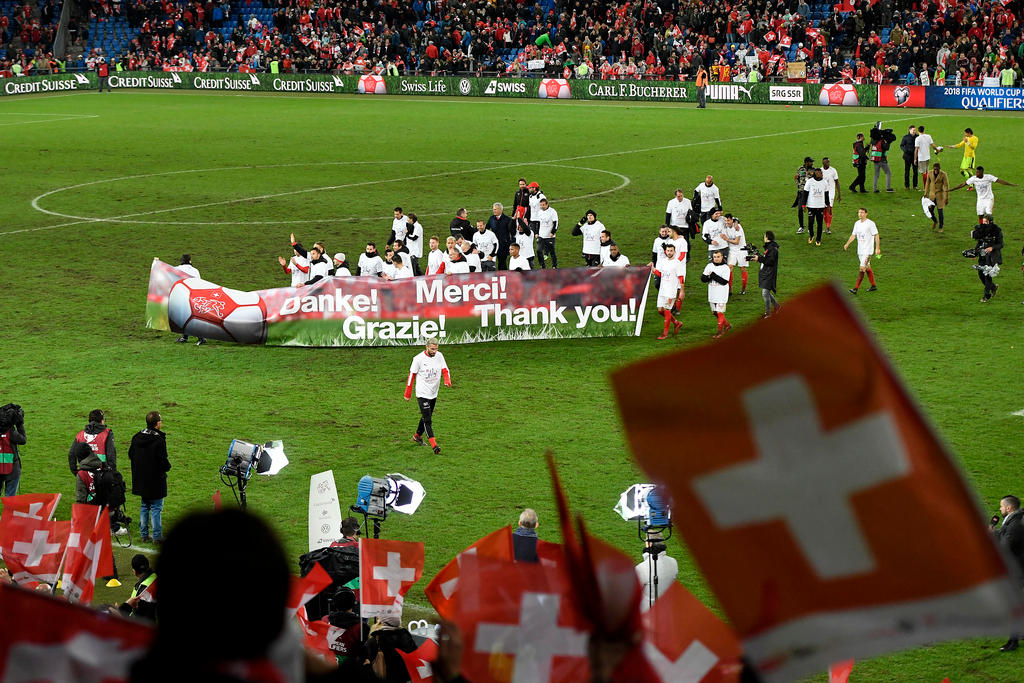
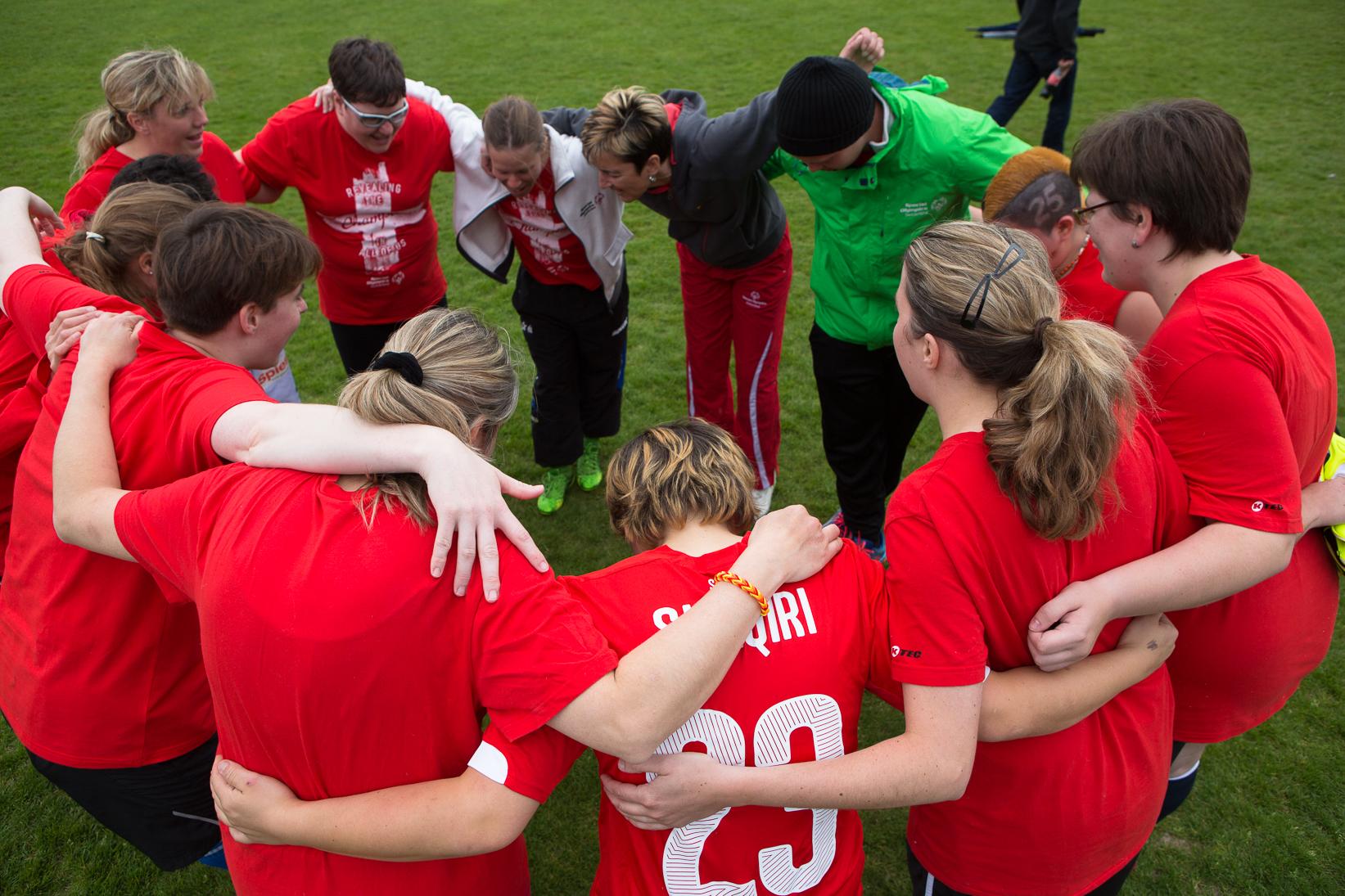
You can find an overview of ongoing debates with our journalists here . Please join us!
If you want to start a conversation about a topic raised in this article or want to report factual errors, email us at english@swissinfo.ch.